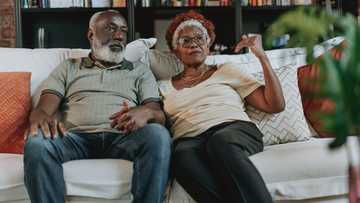I Snooped Through My Teen's Phone and Found a Group Chat Where All My Kids Trash-Talk Me
I dropped my daughter's phone when I saw what they'd named the chat: "Survivors." My own children. Survivors of what? Of me? And then I read the messages and realised: they weren't joking. I had read my children's group chat. And they hated me.
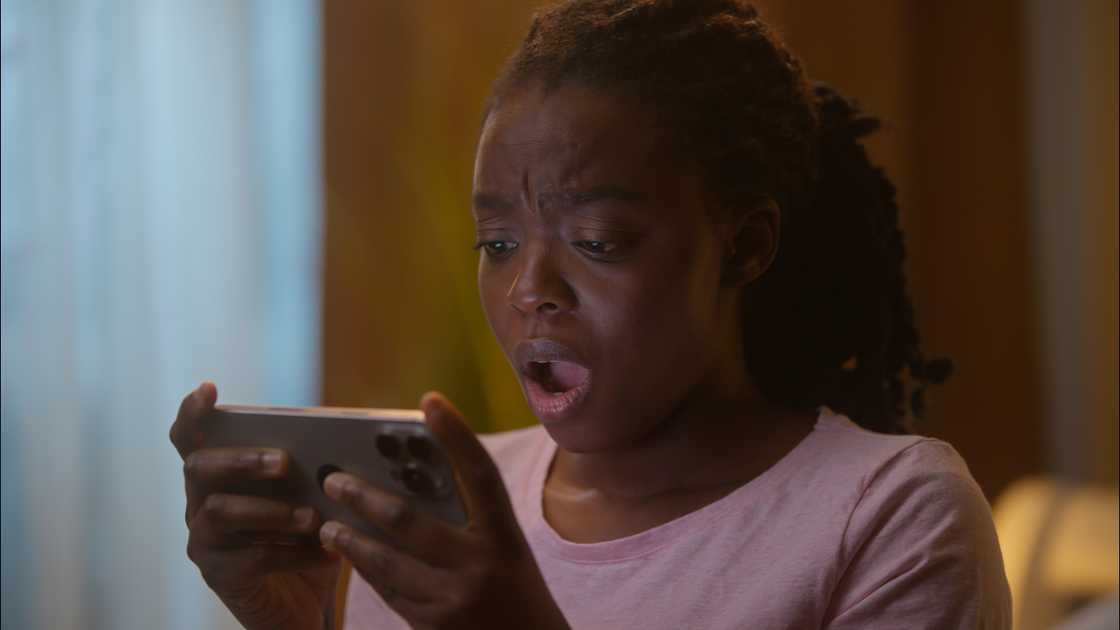
Source: UGC
It started innocently, or so I told myself. Ada, my seventeen-year-old, was in the shower, and her phone buzzed on the table. I only wanted to see who it was. The screen lit up again: "Mum's being weird again, lol."
My chest tightened. I opened the message. The chat name glared back at me like a slap. "Survivors."
I tapped it.
There they were: all three of them; Kola, my eldest, at twenty; Ada, seventeen; Amara, fifteen. My entire world, packed into one secret corner of the internet.
And they were talking about me.
"She went through my drawers again."
"She checks my phone every week."
"She treats us like prisoners."
"I swear, I can't stand her voice anymore."
The words sliced through me like knives.
I scrolled further, my heart pounding louder with each message. Then I saw Kola's name again: my firstborn, my pride, the one I thought still respected me.
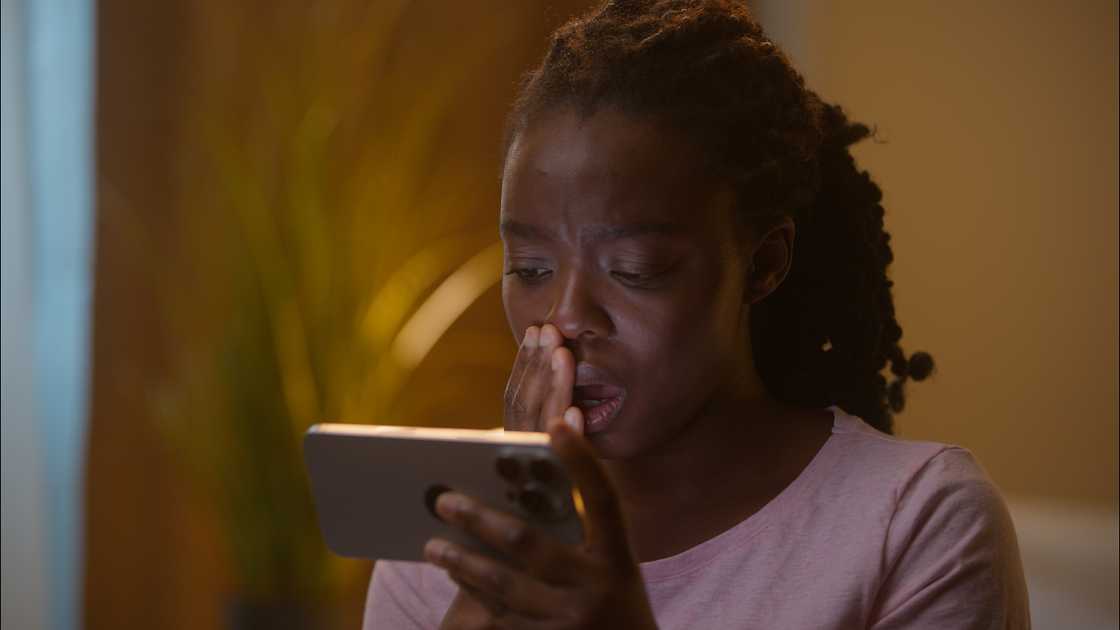
Source: Getty Images
"This is why I left home early. The day you both turn eighteen, you're moving in with me. I promise you'll finally breathe."
The world tilted.
For years, I had worked myself to the bone for these children. I had been mother and father. Their father was away for months on military postings, while I carried the weight alone. I cooked, cleaned, monitored, and sacrificed everything so they could have a good life.
And this was what I got in return?
I scrolled again, my fingers trembling.
"She's paranoid."
"She treats us like we're five."
"I don't even feel safe telling her anything anymore."
My hands began to shake. I felt the blood rush from my face. My own children, the ones I stayed awake praying for, had turned me into the villain in their story.

Source: Getty Images
The phone nearly slipped from my hands. I pressed it to my chest, trying to stop the shaking.
When Ada came out of the shower, humming, wrapped in a towel, I was already sitting on the edge of her bed, clutching her phone like evidence.
She froze. "Mum? What are you doing with my phone?"
I stared at her. Words burned in my throat, but only one sentence escaped.
"After everything I've done for you."
The look on her face told me the truth I hadn't wanted to see.
It wasn't a misunderstanding.
It wasn't teenage rebellion.
They truly hated me.
I have three children. Kola is twenty, the eldest. Ada is seventeen, and Amara is fifteen. Their father, Joseph, is a military man: disciplined, loyal, and gone for most of the year. When he's home, he is quiet and calm; the opposite of me. I've had to be loud, firm, and alert because someone had to be.
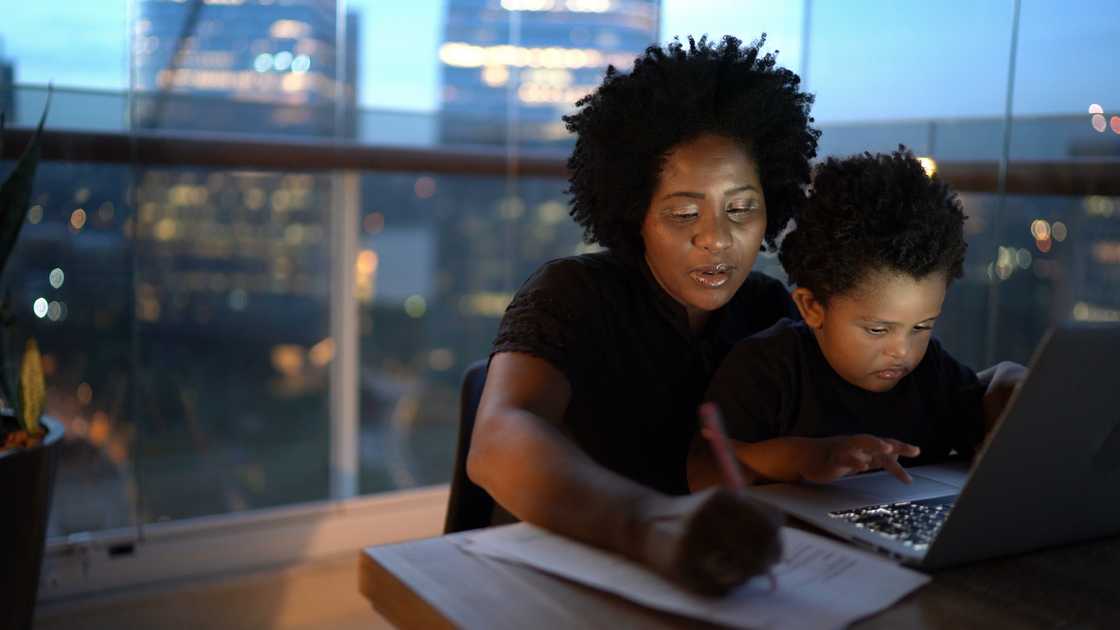
Source: Getty Images
People say I'm strong. But they don't understand that strength, for me, was never a choice. It was survival.
Joseph was already working outside Lagos when Kola was born. I raised that boy while balancing my nursing shifts at the general hospital and selling snacks on weekends. I told myself that my children would never lack anything: not food, not education, not direction.
And I kept that promise.
I turned into the kind of mother who tracked where everyone was, what they were doing, and who they were with. I kept lists. I monitored friendships. I checked school bags and phone messages. I saw it as love.
When Kola was sixteen, I found out he had skipped prep to hang out with friends. I grounded him for two weeks. He barely spoke to me for the rest of that month. He left home at eighteen to attend university in Lagos; he never truly returned.
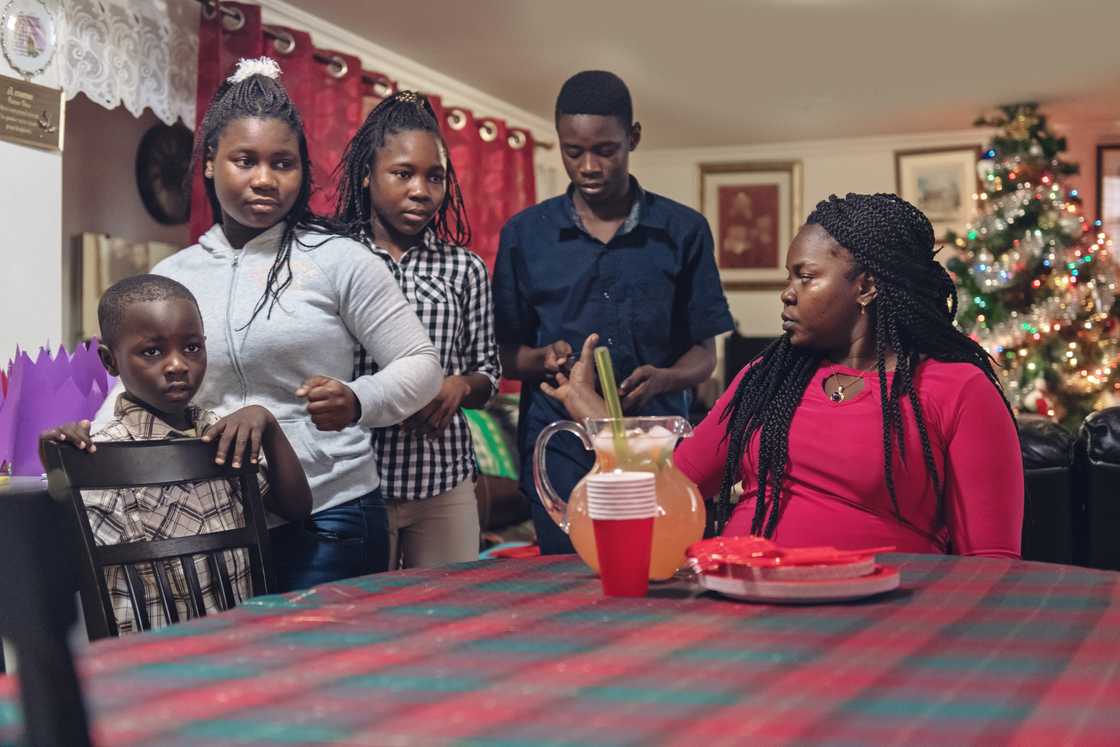
Source: Getty Images
I used to call him every night. Sometimes he answered, other times he didn't. He said he was busy, and I tried to believe it.
With Ada and Amara, things were different. They grew up in a world full of phones, the internet, and influences I didn't trust. I couldn't watch them lose focus. I made rules: strict but fair, I thought.
No locked doors.
No social media past 9 p.m.
No make-up before university.
No secret friendships with boys.
They rolled their eyes and whispered under their breath, but I ignored them. I was protecting them.
Once, I caught Ada texting a boy from her class. When I read the messages, they were harmless; just teenage chatter about homework and music. Still, I confiscated her phone for a month. She cried, shouting that I was ruining her life. I told her she would thank me one day.
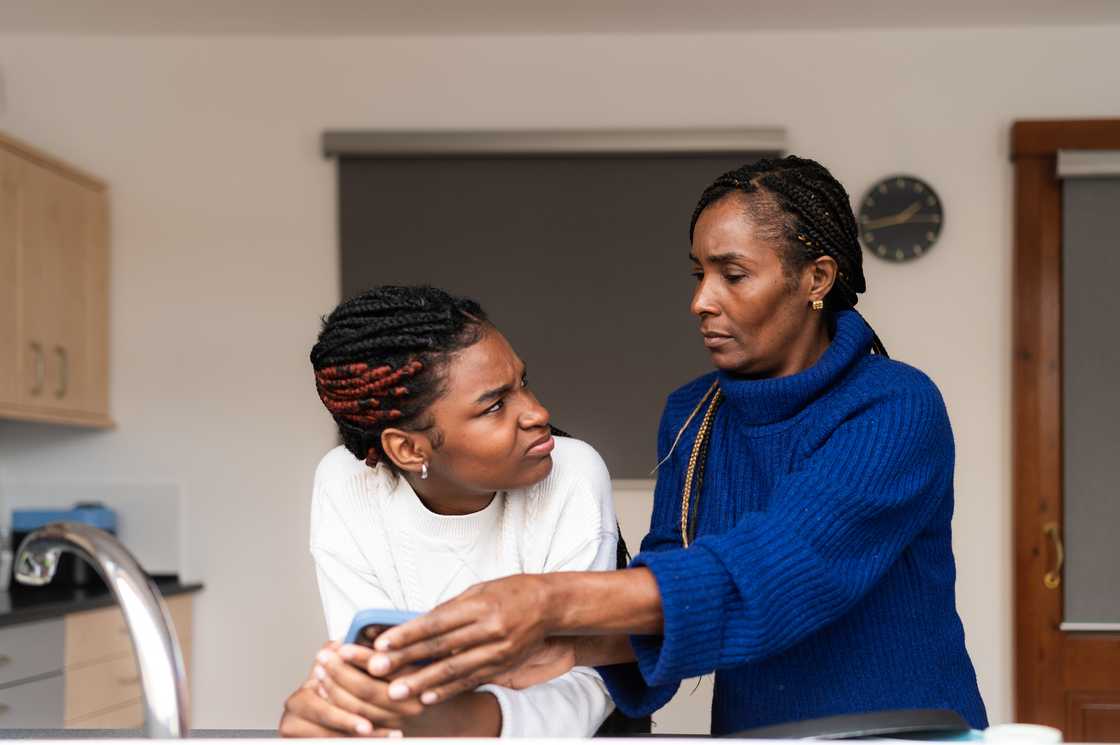
Source: Getty Images
Maybe she never will.
Because now, it seems, every rule I made built a wall instead of a bridge.
The day I found that chat, something in me cracked.
After confronting Ada, she went silent. Her face turned pale, her lips trembling. "You had no right," she said quietly.
"I'm your mother," I replied. "I have every right."
Her voice shook. "You read our private messages? You stalk us, you take our phones, you go through our things. You don't even trust us to breathe!"
My chest tightened. "You don't understand. I do this because I love you."
"Love?" she shouted. "You call this love? You don't even see us as people!"
Amara came running in, hearing the shouting. "Mum, please stop," she said.
"Stop?" I turned to her. "Do you even know what you said about me in that chat?"
Amara froze. "You read that?"
"Yes, I read it! Every word."

Source: Getty Images
Tears filled her eyes. "That wasn't for you to see."
"I wouldn't have to if you weren't lying to me all the time!"
Ada's voice rose again. "You invade everything! You can't control everything, Mum. You're driving us away!"
I wanted to scream back, but the words caught in my throat. Instead, I left the room and slammed the door behind me.
That evening, I sat in the living room staring at the wall until my husband's call came through. His station was in Kaduna.
"Joseph," I said, "our children have turned against me."
He sounded calm, as usual. "What happened?"
I told him about the chat, about the disrespect, the things they said. I expected outrage.
But after I finished, there was silence on his end.
Finally, he said, "You shouldn't have been reading their messages."
I felt heat rush to my face. "Are you defending them?"
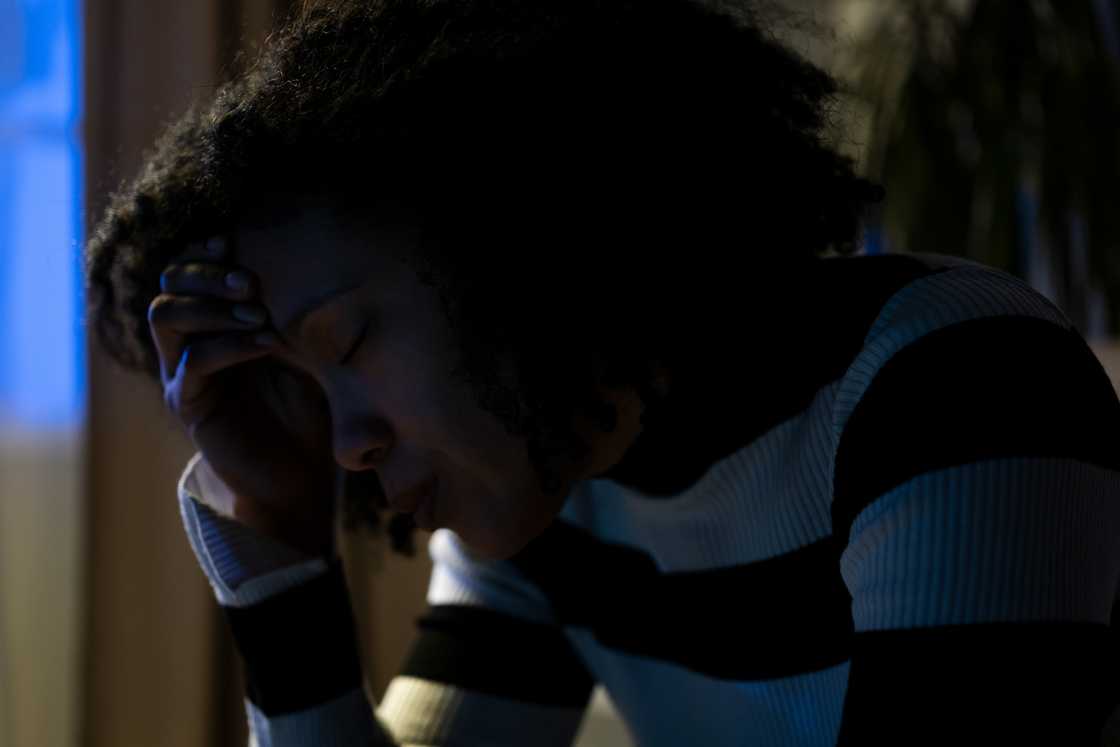
Source: Getty Images
"No," he said. "But if you keep invading their space, they'll only resent you more."
"I'm their mother," I said. "I have the right to know what goes on in my house."
"Having a right doesn't mean you're right," he replied softly.

Read also
I Told Him About The Second Pregnancy And He Walked Away - The Letter Reminded Me I Had A Future
I hung up before I said something I'd regret.
The next few days were unbearable. The girls avoided me totally. They whispered to each other when I entered a room. The house that once echoed with chatter now felt like a grave.
I told myself it was just a teenage rebellion; they would come around eventually. But deep down, I feared they never would.
A few days later, Kola called. His voice was calm, too calm. "Mum, I heard what happened."
"You should be apologising," I said bitterly. "You're the one telling your sisters to leave home when they turn eighteen."
He sighed. "Mum, I didn't mean it like that."
"You wrote it, didn't you?"

Source: Getty Images
"Yes, but I was angry. I just wish you'd stop checking their phones."
"You too?" I snapped. "Are you going to lecture me as well?"
"Mum, please. You raised us well, but we need space now. You don't trust us. You don't listen."
"I listen!" I protested.
"No, you don't," he said softly. "You think listening means waiting for your turn to speak. That's not the same thing."
For a moment, I didn't recognise his voice: calm, steady, almost pitying.
He said, "You taught us discipline, but not how to breathe. We're grateful, but we're tired."
Tears stung my eyes. "So all of you think I'm a monster?"
"No, Mum," he said. "We think you're scared. And you don't know how to stop being scared."
When the call ended, I sat there, trembling. I wanted to believe Kola was wrong. But his words dug deep.
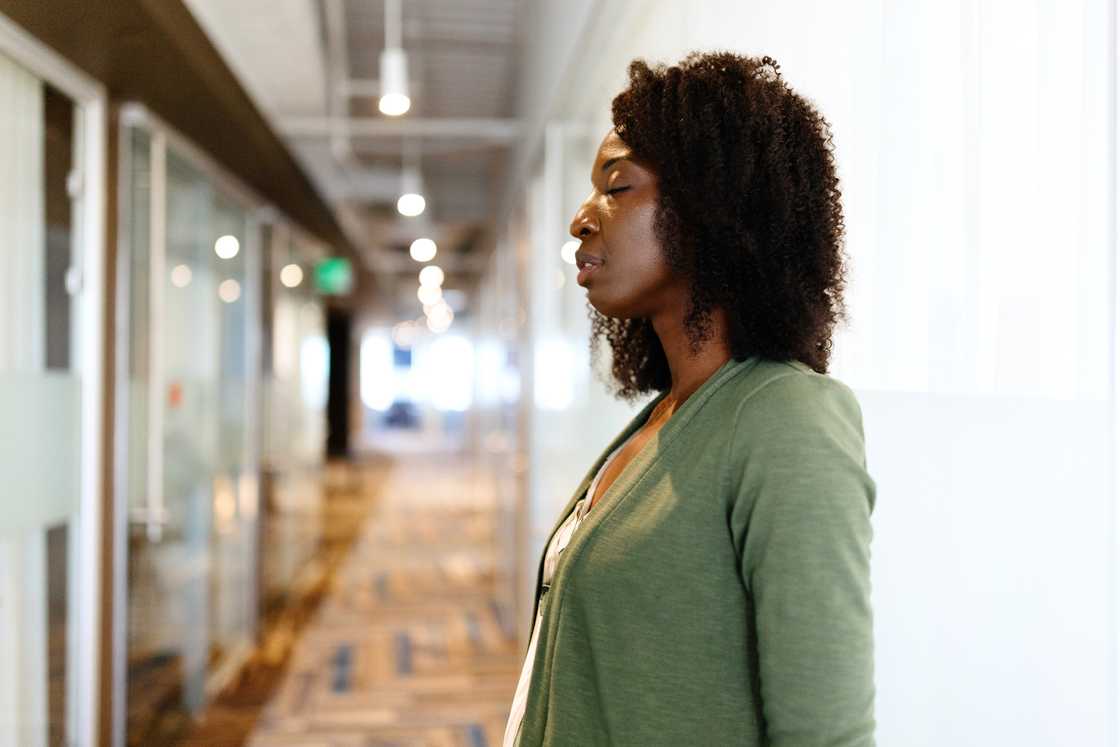
Source: Getty Images
That night, I couldn't sleep. I walked around the house in silence, passing their doors: one slightly open, one closed, both quiet. I wanted to knock, to say something, but I didn't know where to start.
In the morning, I made their favourite breakfast: jollof rice with boiled eggs. I placed their plates on the table and waited.
They came down together, whispered something to each other, then ate quietly.
I asked gently, "Can we talk?"
Ada nodded without looking up.
"I'm sorry," I said slowly. "If I made you feel like I don't trust you."
Amara looked up for the first time. "Do you mean that?"
"Of course I do. But you must understand: I only want what's best for you."
Ada sighed. "Mum, we know you love us. But you don't see us. You only see danger everywhere."
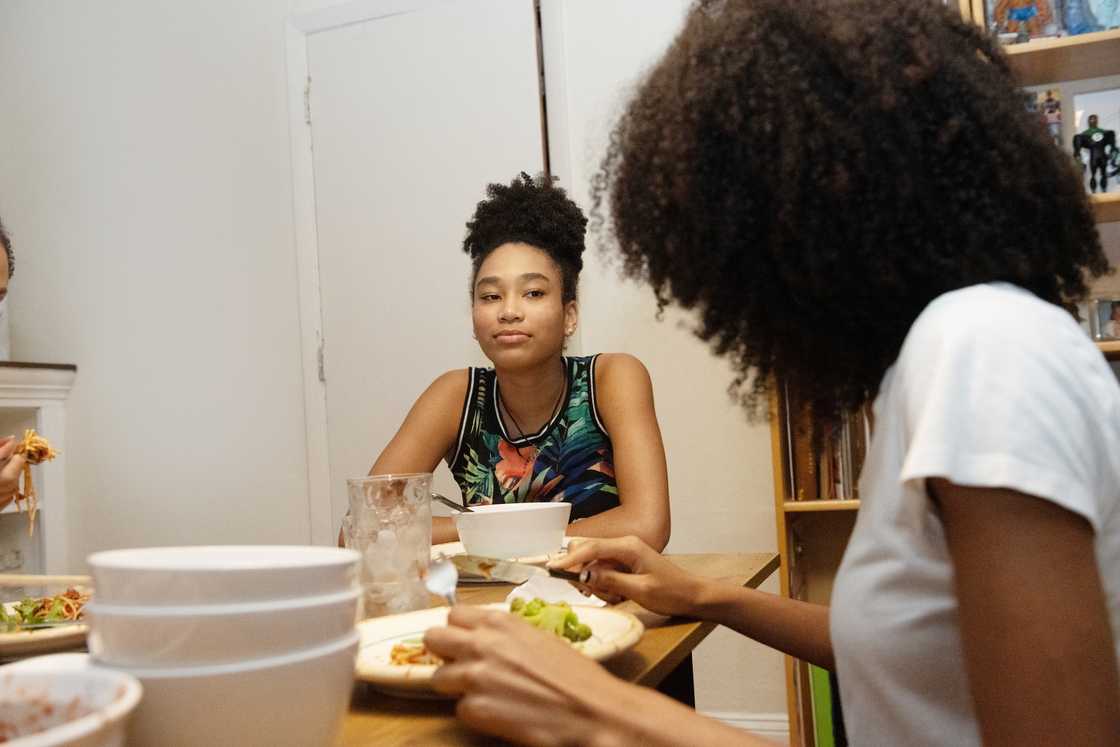
Source: Getty Images
Her words hurt more than I expected. "You think I enjoy being strict?" I asked. "I stay awake every night worrying about you. If something happened to any of you, I'd never forgive myself."
She softened. "Then please, just talk to us. Don't spy on us."
I nodded, though a part of me still believed they needed supervision. Love, I told myself, wasn't always soft.
But later that night, when they laughed together in the next room and stopped talking as soon as they noticed me, I realised something had changed. I had lost something that rules couldn't rebuild.
I still check their rooms sometimes, but I don't touch their phones. I promised myself that much.
Joseph came home last month. The house brightened up immediately: laughter returned, even if I wasn't involved.
One night, after dinner, he said, "They're opening up to me again. You should try sitting with them more."
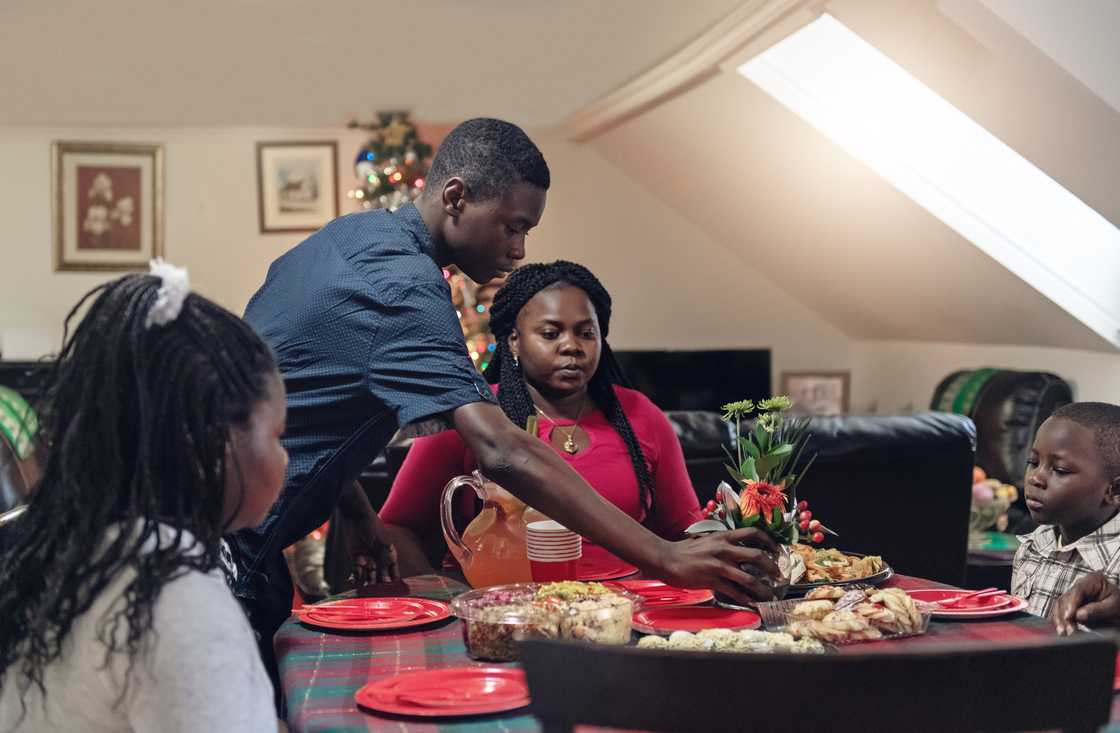
Source: Getty Images
"I do," I said. "But they shut down when I talk."
"Because you talk at them, not with them," he said gently.
I glared at him. "You don't understand. You weren't here."
He sighed. "I know I wasn't. And maybe that's part of the problem. You had to carry everything alone. But it doesn't mean you're always right."
His words stung, but I didn't argue.
Now, I try to give the girls more freedom. They go out, sometimes to church youth meetings or study groups. I still call every hour, but at least they go. It's progress, I suppose.
Kola visits on weekends sometimes; he talks to them more than me, but that's fine. At least they're bonding. Kola told me last week, "They're happier now, Mum. Thank you for easing up."

Read also
"She Failed the Test," Someone Whispers — Baby Kept in Nursery; Lab Memo Clears Her for Skin-to-Skin
I smiled, though my heart felt hollow.
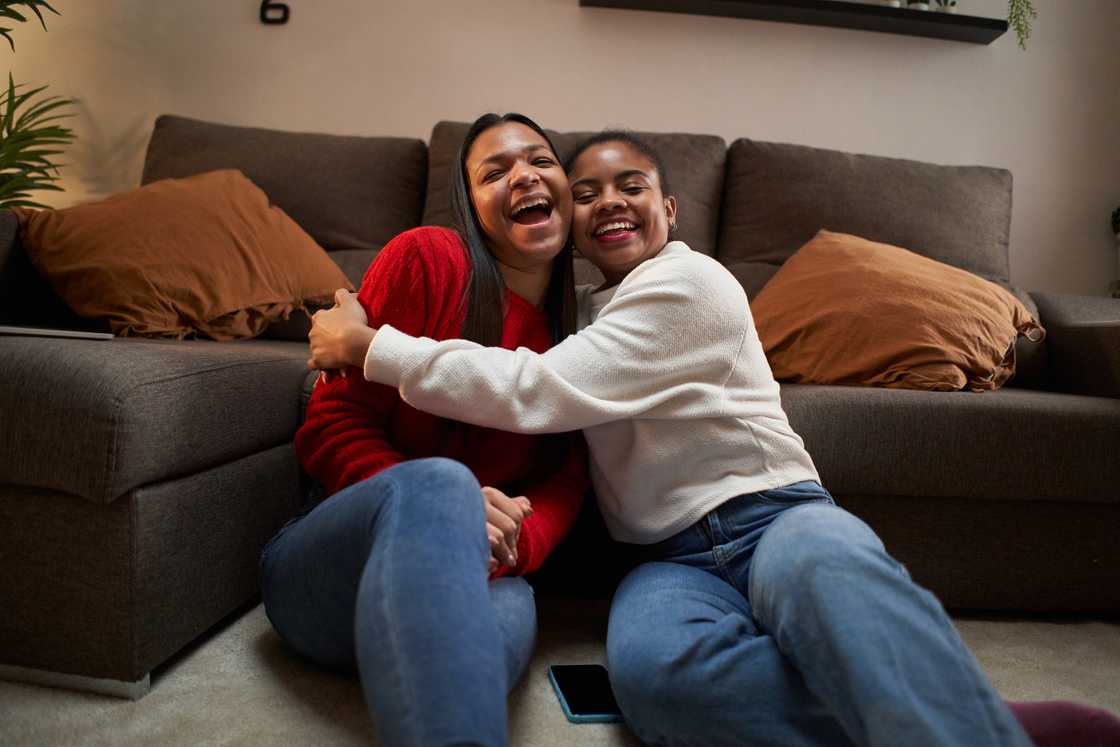
Source: Getty Images
They're happier without me controlling them. That sentence sits in my chest like a stone.
Sometimes, I stand in the hallway, watching them laugh. The sound fills the house with warmth, but I feel like an outsider. I tell myself it's worth it: at least they're smiling.
I did everything I thought was right. I kept my kids safe, disciplined, and focused. But somewhere in all that protection, I forgot to give them trust.
Now, I'm trying to learn.
People say motherhood is about sacrifice; yet no one talks about how easily love can turn into control.
For years, I believed my way was the only way to protect my children. I built walls and called them boundaries. I thought closeness meant surveillance, not understanding.
I see it now, or at least, I think I do. Maybe I went too far. Maybe in trying to keep my kids close, I pushed them away.
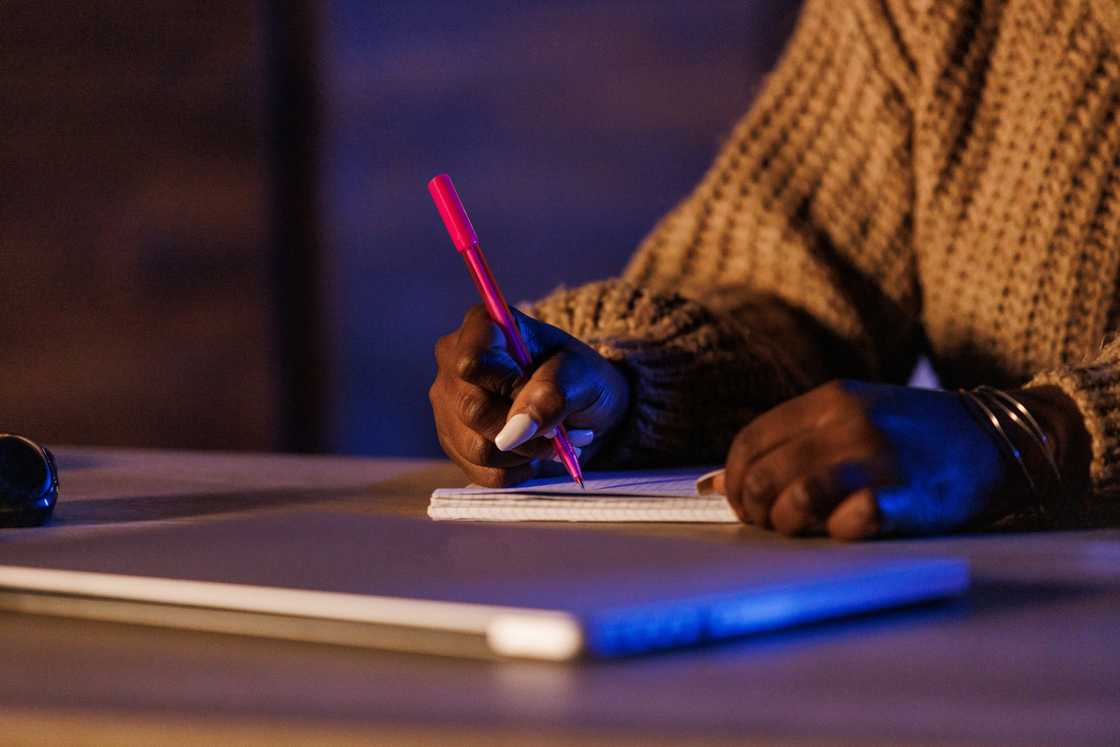
Source: Getty Images
Still, I don't know how to stop worrying. I don't know how to unlearn fear. I love my children so deeply that the thought of losing them, even to adulthood, is terrible.
My husband says love must leave space for freedom. I'm still trying to understand what that means.
Sometimes, when the girls are laughing together or Kola sends a message to the family group chat, I want to type something—a joke or a question—but I stop. I don't want to ruin the peace.
I wonder if one day they'll forgive me, if they'll ever understand that I only wanted to save them from the world, not cage them from it.
Maybe they will, or they won't.
But every night, before I sleep, I ask myself one question:
Can love still be love if fear is at its core?
I'm still looking for the answer.
This story is inspired by the real experiences of our readers. We believe that every story carries a lesson that can bring light to others. To protect everyone's privacy, our editors may change names, locations, and certain details while keeping the heart of the story true. Images are for illustration only. If you'd like to share your own experience, please contact us via email.
Source: YEN.com.gh


